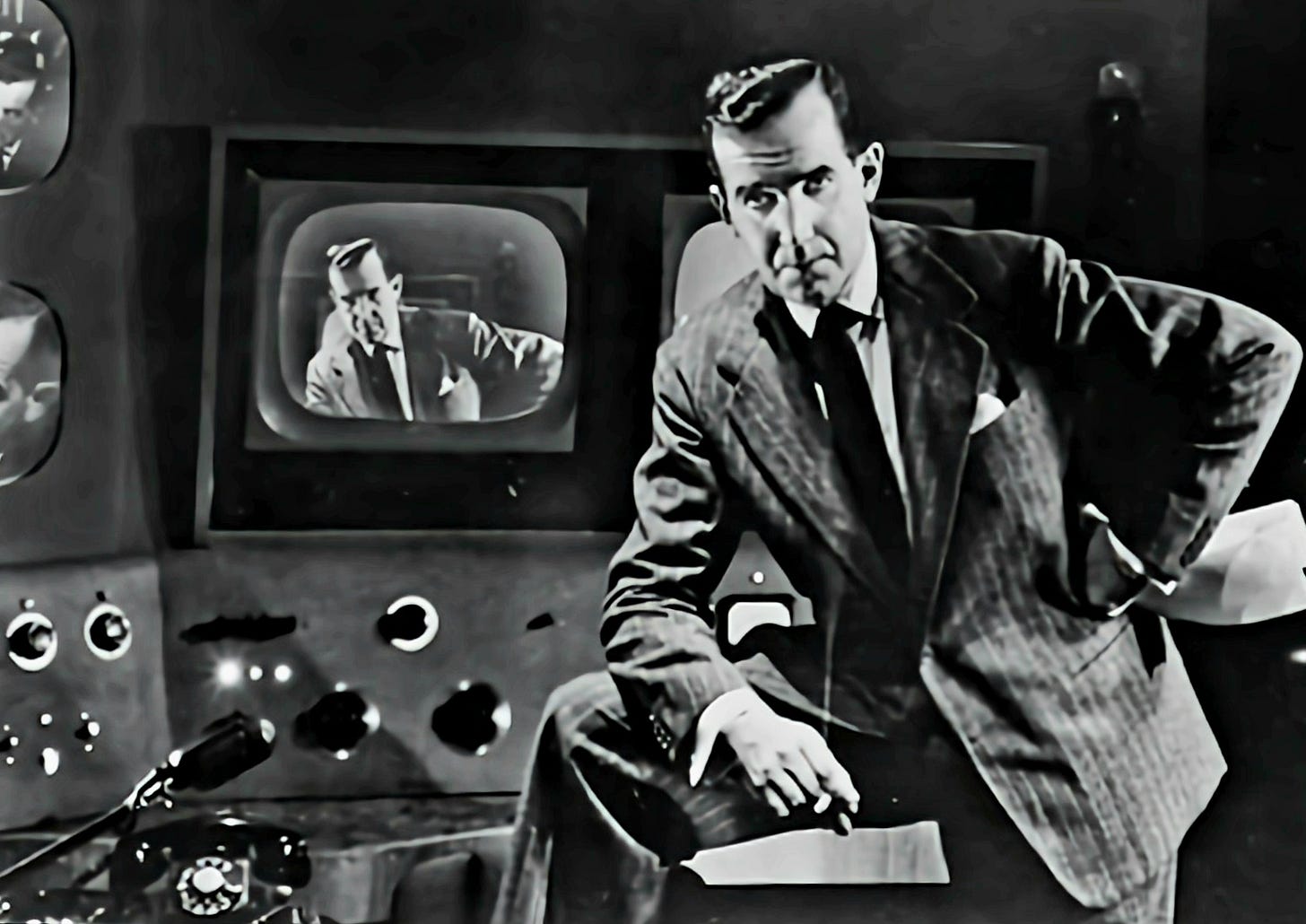Cycles of Mania and the Cancelling of the American Mind
America's manic episodes have paralyzed its critical thinking.
From late 2015 and partly as a reaction to what many in the establishment saw as the shock victory of Donald J. Trump in the 2016 presidential election, an idea spread within mainstream circles like wildfire: that the Russian government had conducted elaborate “disinformation” campaigns to manipulate Western social media and gain significant levels of influence over the U.S. political system and public discourse in order to interfere in U.S. elections and get Trump elected as the 45th American president. By 2023, this largely conspiratorial narrative—which came to be known as “Russiagate”—has collapsed.
The release of the Durham report this past spring formally cast the last shovel of dirt over Russiagate’s grave. What began as an attempt to excuse the loss of one of the best-funded and elite-endorsed presidential campaigns in history to a political outsider and celebrity host by pinning the blame on a foreign country quickly mutated into a political “witch hunt” targeting every critic of America’s domestic and foreign policy consensus from both the Left and the Right. A thoroughly bipartisan establishment saw the specter of foreign infiltration as an opportunity to discredit all anti-establishment views of American foreign policy, projecting them as secret plots by Moscow to undermine the United States.
Thanks to the release of the Twitter Files and dogged skepticism from some of the more non-mainstream media outlets, we now know that this establishment-led campaign was not simply a cynical attempt to score some partisan points, but rather a coordinated attack on critics of the status quo. Groups like Hamilton 68 constructed narratives about Russian “bots” and agents lurking behind every potential social media post. And they did it on the government’s dime. Such securitized rhetoric was encouraged and promoted by many in the federal government, including then-Senator Kamala Harris who stated in 2019 that most of the political furor around Colin Kaepernick’s taking a knee during the national anthem was caused by Russian actors.
The specter of foreign infiltration was an opportunity to discredit all anti-establishment views of American foreign policy, projecting them as secret plots by Moscow to undermine the United States.
Many observers, including myself, cried foul from the start. Rejecting Russiagate as an unsubstantiated conspiracy was an unpopular opinion to have in 2017 and 2018, especially for those with more left-leaning politics. Although foreign influence did impact the Trump administration's policies, other countries—such as Israel (via Jared Kushner) and Turkey (via Michael Flynn)—arguably held far more sway in the White House than did the Kremlin. Even in the run-up to the 2016 election itself, actors connected within the United Kingdom—perhaps reading the tea leaves with better foresight than the arrogant Clinton Campaign ever could—had arguably also tried to influence that election’s outcome with the mostly speculative “Steele Dossier”. One cannot help but wonder what actual evidence of foreign interference could have been uncovered if more effort had been put into scrutinizing the actions of those supposedly friendly countries.
While Russiagate itself remained primarily a media and elite fixation that would hardly match up with the everyday concerns of the average voter, it nonetheless represented a cycle of hawkish mania plaguing much of the political and commentariat classes. Its effects are with us still. The recent indictment of members of the African People’s Socialist Party for their anti-NATO activism under the pretext of them being Russian stooges is just one such example, which recalls both the FBI’s past attacks on black radical organizations as well as the fact that the federal government—which claims not to be directly involved in the Ukraine War—is seeking out “enemy agents” as if we lived during a conventional war.
Russiagate, then, continues to have a real-world impact on those targeted for their contrarian views today; and this, unfortunately, has a long precedence in modern American history. This history teaches us that when the elite educated classes come to fear the waning of their hold and influence on the “establishment”, they often become susceptible to moral panics and display hysteria around national security and perceived threats as a means to gatekeep and prevent any major shifts to the Overton window.
U.S. Intelligentsia and State Power
From the time of the Founding Fathers, some members of America’s high society opposed expansionism as a betrayal of the anti-imperial values of the new nation that had freed itself from the clasps of the British Empire.





